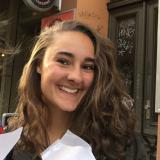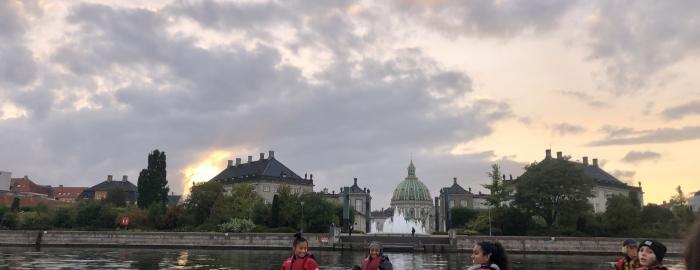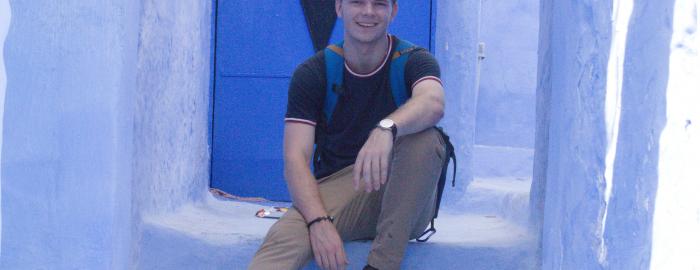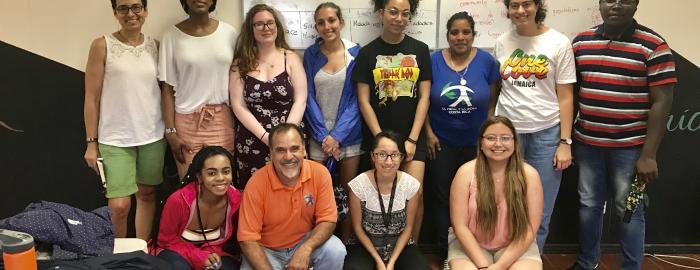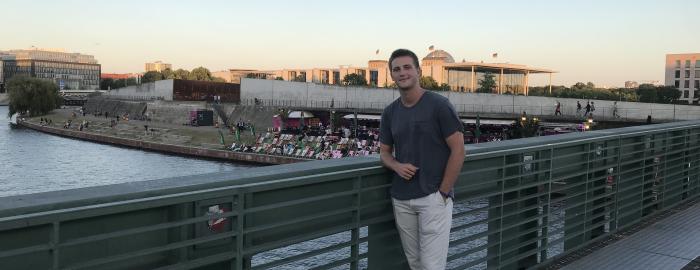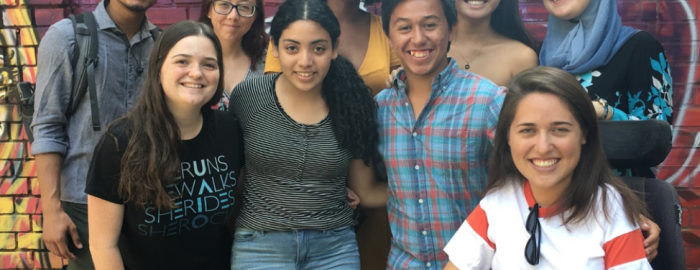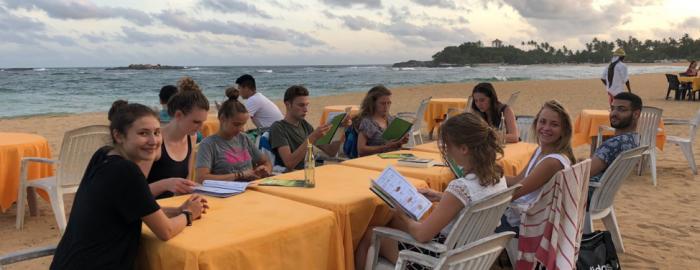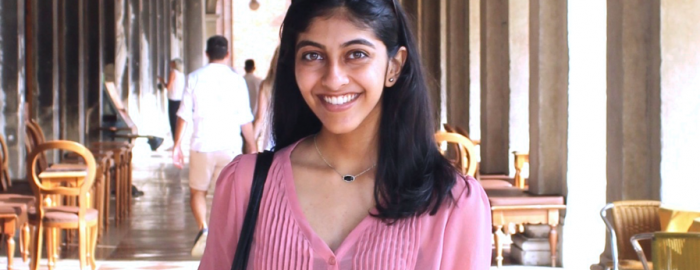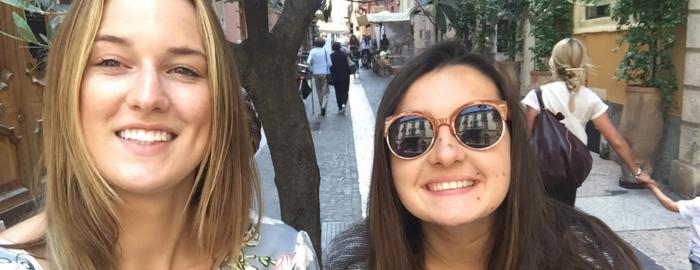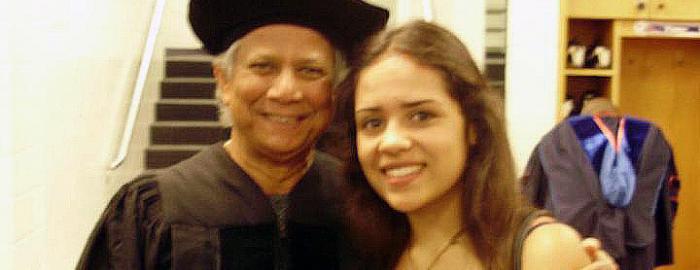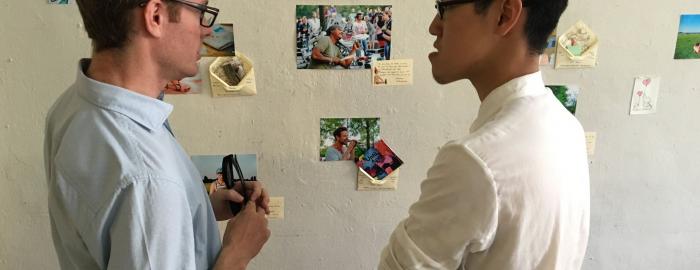Stephanie Crater is double majoring in Biomedical Engineering and in Electrical & Computer Engineering, with a minor in German graduating with the class of 2021. She spent the summer after her freshman year with Duke in Berlin (summer) and the spring of her sophomore year studying with the Duke In Berlin Engineering Program.
Why did you decide to do this program?
“I participated in the Duke In Berlin summer program mostly to improve my German skills, because as a BME/ECE double major, I don’t have much space in my schedule to take German classes. I’d heard about the spring engineering program as well but I initially decided to just do the summer program because I wasn’t sure that I wanted to commit to spending seven months abroad. (More on that later—I’m now 4 months into the Spring 2019 Berlin program and can say without a doubt that choosing to go abroad again was one of the best decisions I’ve made since coming to Duke.) By the end of the summer program, I knew that I wanted to come back to Berlin for a few reasons. First, I really loved the city (and German!). Second, although the German courses in the summer program were helpful—I took two courses: GER 303, an intensive German language course, and GER 362, “The Economics of Green Germany”—six weeks wasn’t sufficient time to become fluent in German, which was one of my goals. Third: I realized that it was possible to do research or get an internship in Germany during the Spring semester program (I’m currently doing research at the Technical University of Berlin). So I realized I wouldn’t “lose” a summer. Fourth: Did I mention how much I love Berlin? I highly recommend both programs, although participating in both is quite atypical and not really necessary. If you’re looking for a summer program, go to Duke in Berlin in the summer. If you’re looking for a semester program, go in the spring. And if you can’t decide between the two, go in the spring, so you have more time over there!”
On what surprised her or turned out differently...
“One thing that really surprised me about the spring program, even after completing the summer program, is how independent I became in Berlin. By the spring I felt much more like a resident of Berlin, instead of a Duke student on study abroad. One of the greatest parts of the DIB Spring program, as opposed to the summer program, was that we engineers took classes at the Technical University of Berlin. We were completely integrated with all of the other German students. Although there are plenty of classes n English, I think it’s really cool to walk out of a technical lecture in German thinking, ‘Wow, I can do this.’”
On her greatest takeaway from the program...
“Of course my German massively improved. But I also learned that I had the ability to move to a new city, figure it out, make some new friends and have a really awesome time.”
On how the program will affect her career interests or next steps after graduation…
“I could absolutely see myself moving back to Berlin after graduation (hey, Ottobock, hire me??).”

On advice she has for other students considering this program...
“First of all—get on that plane and come to Berlin! Second: If you have any questions about the program/what classes you’ll be able to take/what Berlin is like/living with host families/how study abroad will fit into your four-year plan/ check out Duke Global Education's Student Ambassador resources. I love talking about Berlin and will probably tell you more than you want to know. Third: Once you’re in Berlin get involved in things outside of the program. Although Duke does an awesome job organizing cultural events and excursions to encourage students to experience the city, don’t miss out on the opportunity to go off on your own and meet “real” Germans. I personally love working out and staying active, so I found a bunch of (free!) workout and running groups on Facebook and started going to them. I’ve made a lot of German friends that way. Most importantly, fake it ‘till you make it. It’s so easy to switch into English or start conversations with some version of “Hey, my German isn’t great yet,” but instead, just start speaking German. Own it! Apologizing for your language skills (or lack thereof) is often just an excuse not to try your best. You’ll make mistakes, but it’s by far the best way to learn and build confidence. No German will judge you for not speaking perfectly.”
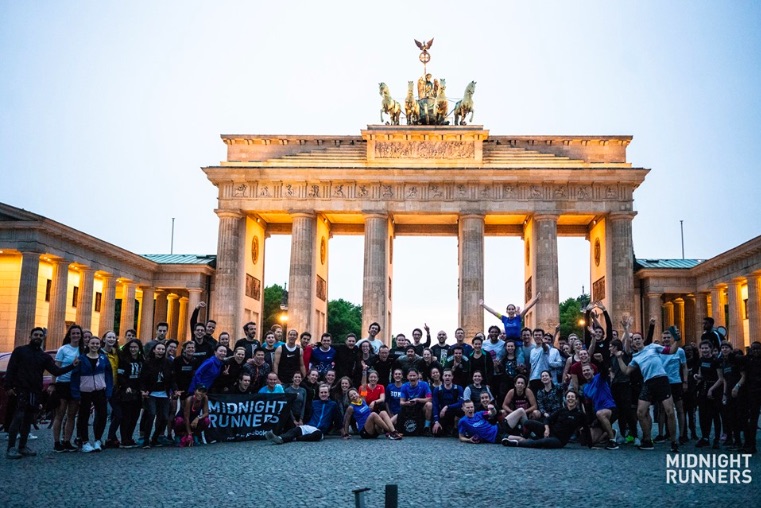
Featured Programs:
